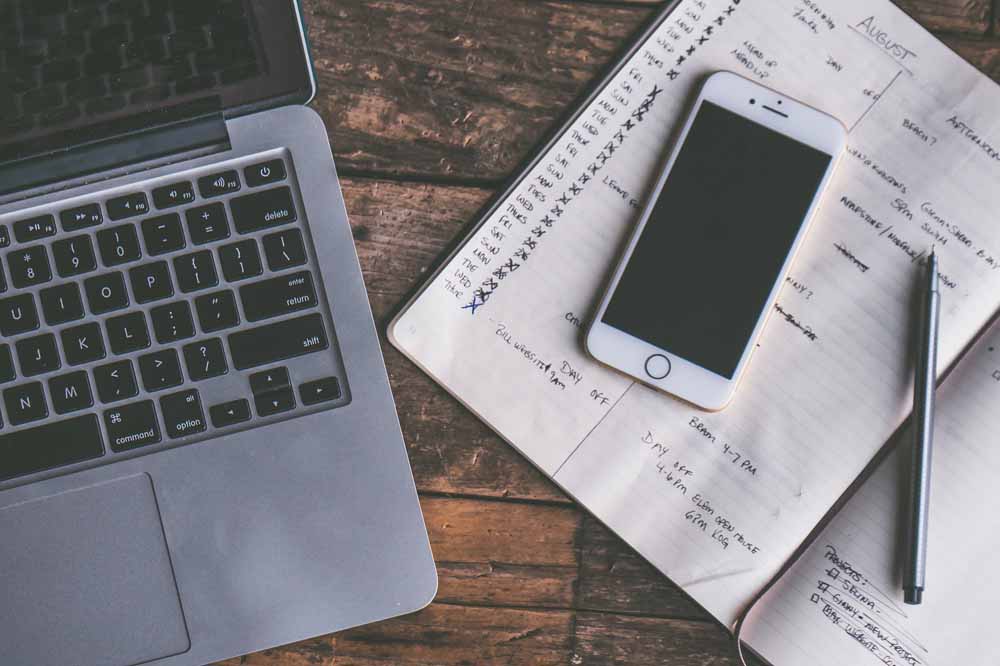A key focus of my blog is Financial Literacy/Money. Good money management isn’t taught in every home and thus there are many individuals who don’t anything about it. Some of the principles are actually pretty simple. The following contributed post is entitled, Essential Principles Of Good Money Management.
* * *
Many of us struggle with decent money management throughout our lives, and it is something which can negatively affect almost every part of one’s life. If you feel that you could probably do with improving the way in which you approach your use of money, then there are many ways in which you can hope to do that. The truth is that there are a few essential principles to good money management which you might want to consider, and as long as you have done so you should find that you are going to be able to have a much better approach to money in no time.

Know Your Position & What You Are Owed
A lot of people struggle to actually get to grips with what they are owed and by whom, and for that reason they find themselves in a position of not really knowing what they should be doing. You need to pay close attention to the specifics of your own situation so that you can ensure you are going to get whatever you deserve. You might be a soldier returning to civilian life in need of making va disability claims, or you might be a carer who is eligible for a government grant. Whatever your situation, ensure that you are fully aware of it and what it entails, so that you can always claim what you are owed.
Put Aside Ten Percent
If you are keen to ensure that you are thinking about the future, a good rule of thumb is to always put aside ten percent of what you earn into savings. As long as you manage to do that, you should find that you are going to have a much stronger financial future, and that you will feel secure in your future in a much better way. Of course, that doesn’t mean putting aside only ten percent – if you are able to do more, then that is what you should do, the ten percent being only a minimum figure to aim for.
It’s worth exploring new careers and opportunities where you can make more from your hard work and career prospects. With plenty of help out there, just take a look at the PHP agency reviews as an example of how you can get smart with your money.

Pay Off Debt Before Saving
If you are saving money in a savings account and also paying off debt each month, then you are not really doing the most sensible thing you could be doing for your money overall. Chances are, you are paying more in interest on the debt than you are making in savings, so actually you’re not achieving anything at all. You will be better off over the year if you make a point of first paying off all of your debts before you start to save anything – apart from having a little emergency fund in your savings account just in case you should need it. Other than that, pay off your debt as a priority, and you will be better off in the long run by a long way.
As long as you take these on board, you should find that you are in a much better position with your money in no time.
